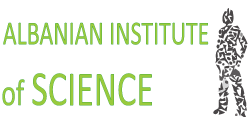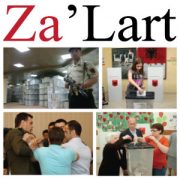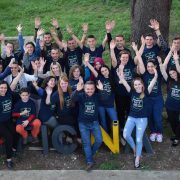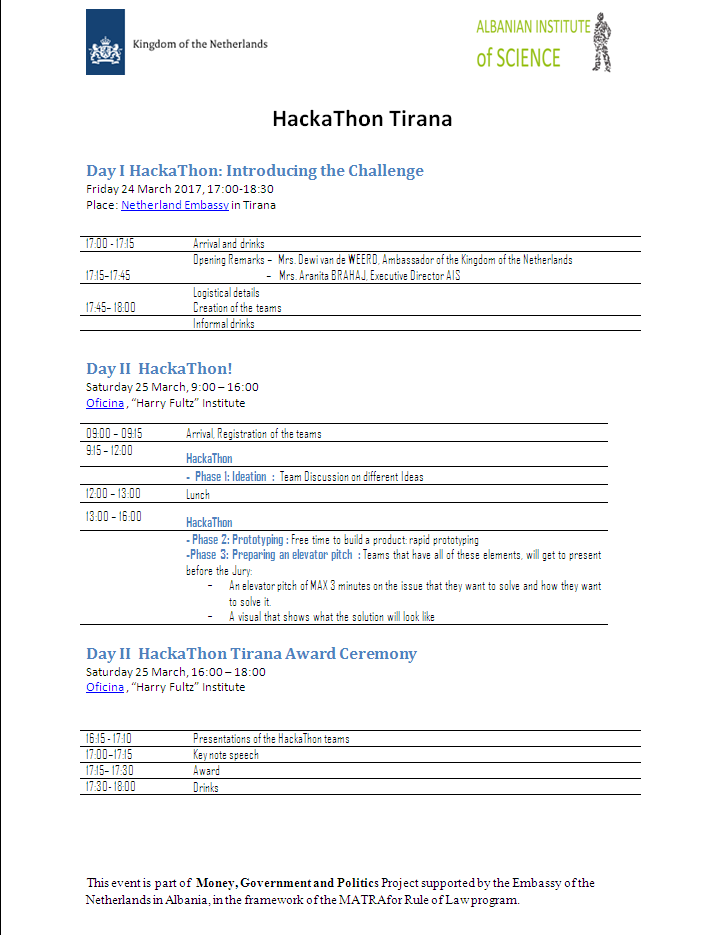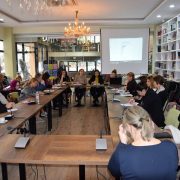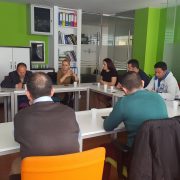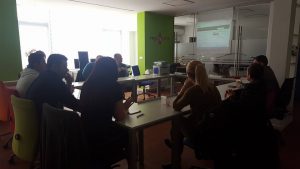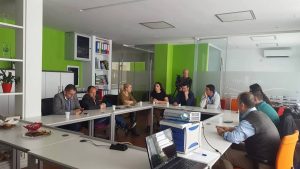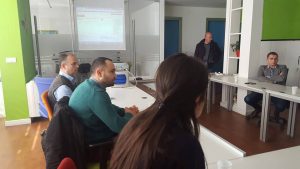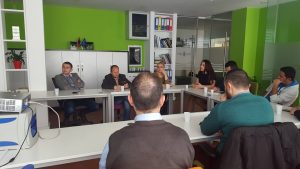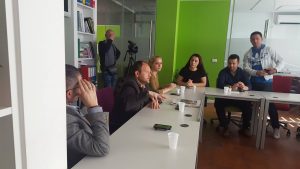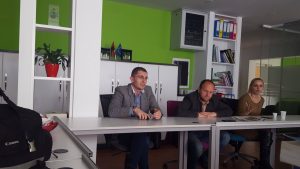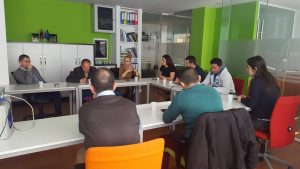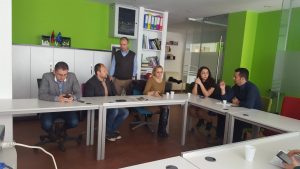Watchdog Program for Citizens to Report on 2017 elections in search of funds
Vote buying, violation of the right to vote, people with criminal records leading electoral teams, and misuse of public institutions. These phenomena are common in the electoral processes in Albania already signaled and reported in the 2013 and 2015 elections in the Citizen Monitoring Platform Za’Lart Albania. Such phenomena are also expected to occur in the 2017 elections. The project of our organization for electoral citizens’ monitoring, in the other hand, is not yet sufficiently financed for this watchdog process. Citizens have the right to raise their voice about electoral irregularities. AIS urges donors to take into consideration our request for fundraising. The Za’Lart (Raised Voice) Team urges also organizations engaged in building the democratic culture, embassies and other donors to provide financial support to this project.
